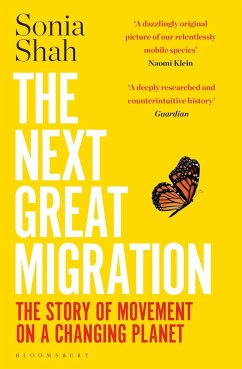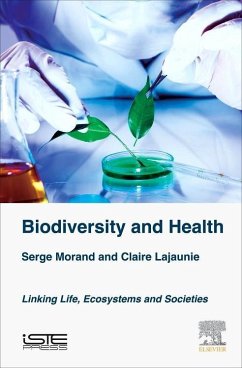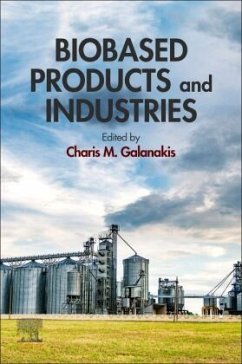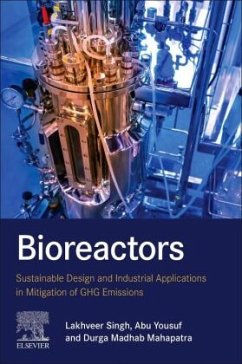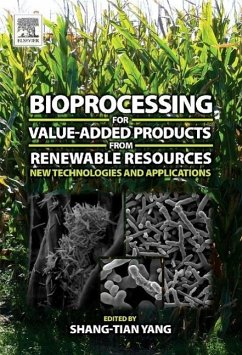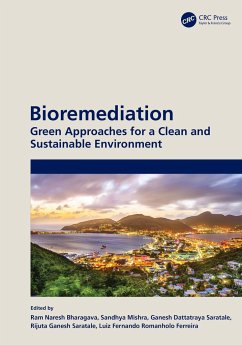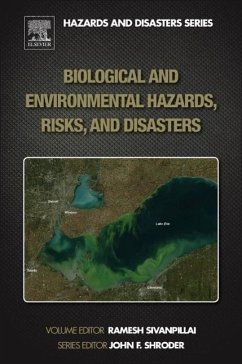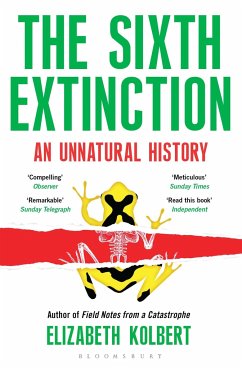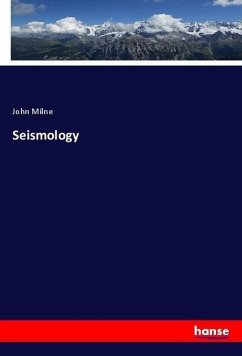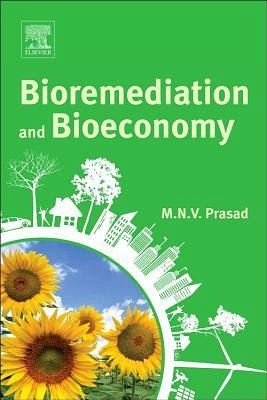
Bioremediation and Bioeconomy

PAYBACK Punkte
34 °P sammeln!
Bioremediation and Bioeconomy provides a common platform for scientists from various backgrounds to find sustainable solutions to environmental issues, including the ever-growing lack of water resources which are under immense pressure due to land degradation, pollution, population explosion, urbanization, and global economic development.In addition, large amounts of toxic waste have been dispersed in thousands of contaminated sites and bioremediation is emerging as an invaluable tool for environmental clean-up.The book addresses these challenge by presenting innovative and cost-effective solu...
Bioremediation and Bioeconomy provides a common platform for scientists from various backgrounds to find sustainable solutions to environmental issues, including the ever-growing lack of water resources which are under immense pressure due to land degradation, pollution, population explosion, urbanization, and global economic development.
In addition, large amounts of toxic waste have been dispersed in thousands of contaminated sites and bioremediation is emerging as an invaluable tool for environmental clean-up.
The book addresses these challenge by presenting innovative and cost-effective solutions to decontaminate polluted environments, including usage of contaminated land and waste water for bioproducts such as natural fibers, biocomposites, and fuels to boost the economy.
Users will find a guide that helps scientists from various backgrounds find sustainable solutions to these environmental issues as they address the topical issues crucial for understanding new and innovative approaches for sustainable development.
In addition, large amounts of toxic waste have been dispersed in thousands of contaminated sites and bioremediation is emerging as an invaluable tool for environmental clean-up.
The book addresses these challenge by presenting innovative and cost-effective solutions to decontaminate polluted environments, including usage of contaminated land and waste water for bioproducts such as natural fibers, biocomposites, and fuels to boost the economy.
Users will find a guide that helps scientists from various backgrounds find sustainable solutions to these environmental issues as they address the topical issues crucial for understanding new and innovative approaches for sustainable development.




